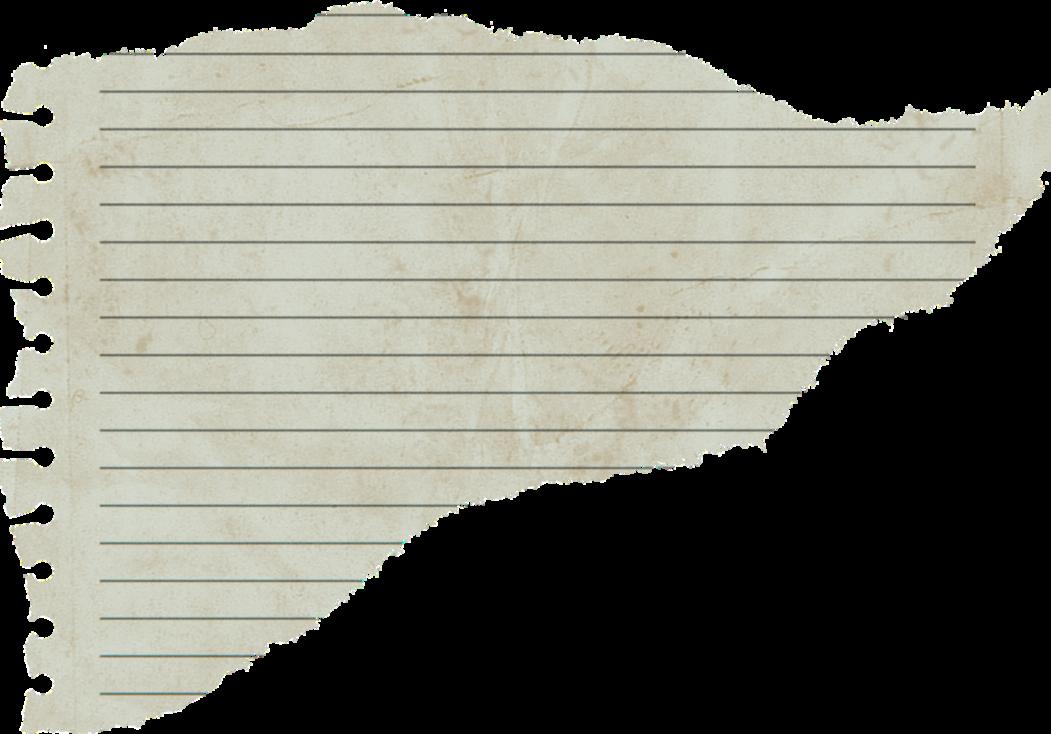
1 minute read
Humanities:Contemporary Methods
How might we (= you all & I) delineate what we are doing in embarking on the project of studying German(ic) literature and culture in 2023? What are our objects and research questions? Which methods might come in handy? And how does it all matter? This course explores the significance of—and scholarly possibility in—working on German(ic) literature and culture in the contemporary moment, with “culture” understood both as “the arts” and in a broader socio-symbolic sense. My own opening pitch is a dual one (or really, 2x2). On the one hand, I want to underline the porous boundaries of the discipline, encouraging you to “branch out” in studying a broader range of genres and media, and to critically reflect on national delineations of what we do in this age of economic globalization and ever more urgent planetary orientations—if also newly fervent nationalisms. On the other hand, I will argue for how some delimitations—and our traditional field description— nonetheless make sense: form and genre do matter in reading (artistic as well as other kinds of) texts, and it is crucial to “localize” our scholarly endeavors. That is: in-depth linguistic competencies and historical/contextual knowledge are essential not only for attaining classical educational ideals but also for more egalitarian and inclusive practices embracing “minor” archives in the literal as well as metaphorical sense, and scholarly practices variously engaged in producing knowledge and imagination for the larger world surrounding us. Against the backdrop of such reflections, what kind of projects will you want to undertake—how? To flesh out ideas and practices, we will combine reading some works from the German canon with contemporary theory and artistic productions, covering topics such as Narrative, Fictionality, Texts, Bodies and Worlds, Critique, Archives, and Translation.

Advertisement
GR8122
#111177
W 4:00 PM - 6:00 PM - 3 credits







